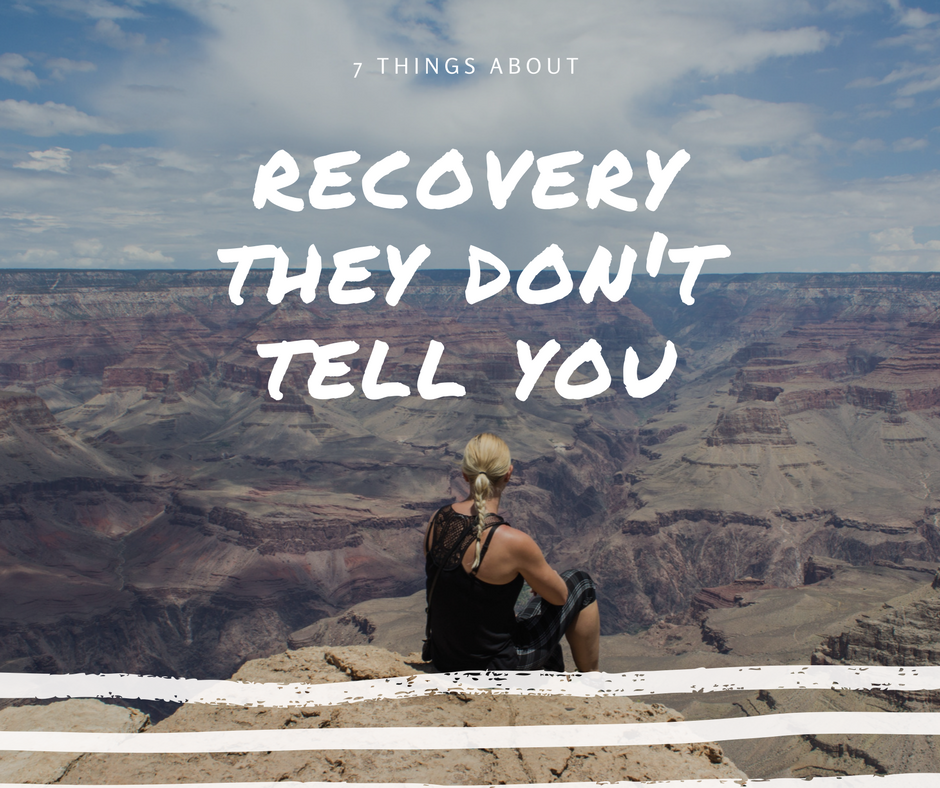I am a terrible runner and exerciser. For a while I did Crossfit only to injure myself halfway through the year. My feet are in terrible shape and I pay for it with every run. Pushups are the devil for me and pullups are a close second. Just this morning I was panting, wheezing and hating every single moment of my workout.




